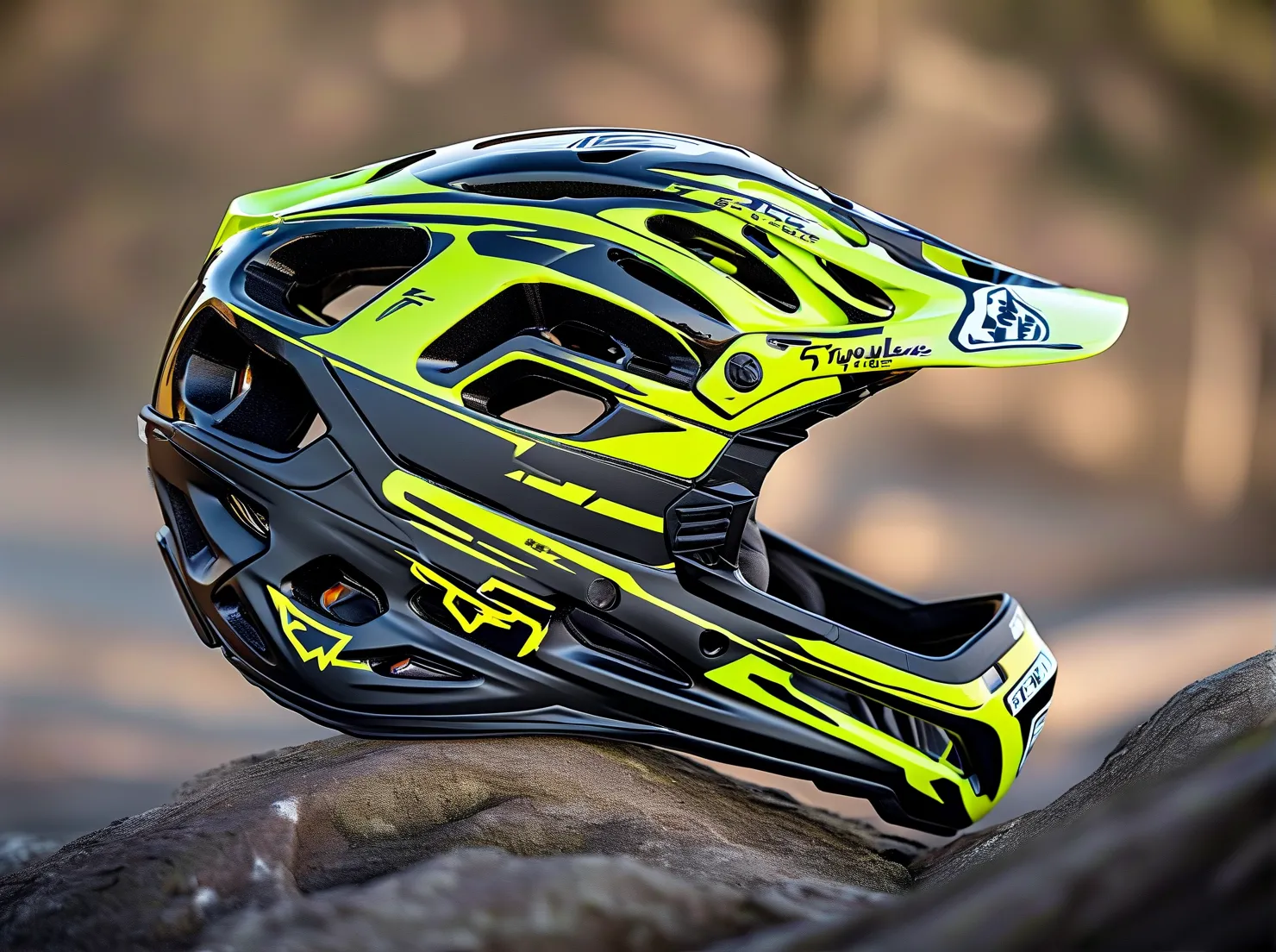Finding affordable dirt bike salvage parts doesn’t have to feel like a scavenger hunt. With rising costs of new components and limited availability for older models, riders increasingly turn to wrecking yards for budget-friendly solutions. But navigating salvage yards efficiently—and ensuring fast shipping—requires insider knowledge. Here’s how to streamline the process while avoiding common pitfalls.
Why Salvage Yards Are a Goldmine for Dirt Bike Riders
Salvage yards specialize in recycling parts from damaged or retired motorcycles, offering components at 30-70% below retail prices. According to a 2023 report by IBISWorld, the auto and motorcycle recycling industry has grown by 6.3% annually since 2018, driven by demand for sustainable, cost-effective alternatives. For dirt bike enthusiasts, this means access to OEM (Original Equipment Manufacturer) parts—like engines, suspension systems, or exhausts—without the premium price tag.
Step 1: Locate Reputable Wrecking Yards with Verified Inventories
Not all salvage yards are created equal. Start by prioritizing businesses with:
– Online databases: Platforms like Row52 or Car-Part.com aggregate inventories from thousands of yards nationwide, letting you search by make, model, and part condition.
– Certifications: Look for yards certified by the Automotive Recyclers Association (ARA), which adhere to environmental and quality standards.
– Customer reviews: Check Google My Business and forums like ThumperTalk for firsthand experiences. A yard with consistent 4+ star ratings is more likely to deliver reliable service.
Pro Tip: Contact local motocross repair shops—they often partner with trusted salvage providers and can recommend proven sources.
Step 2: Verify Part Condition Before Purchasing
One concern with salvage parts is unpredictable quality. Avoid surprises by:
1. Requesting high-resolution photos of the exact part (not stock images).
2. Asking for a condition report detailing wear, corrosion, or prior repairs.
3. Confirming return policies. Reputable yards offer at least a 30-day warranty on mechanical components.
A case study from Dirt Rider Magazine found that riders who vetted parts through video calls reduced returns by 62% compared to those who relied on descriptions alone.
Step 3: Optimize Shipping Speed Without Breaking the Bank
Fast shipping hinges on preparation:
– Dimensions matter: Measure your part’s size/weight upfront to avoid freight delays. Small items (e.g., carburetors) ship via USPS Priority Mail (2-3 days), while bulkier items (frames) may require freight carriers like UPS Freight.
– Bundle orders: Combine multiple parts into one shipment to cut costs by up to 40%, as noted in a UPS logistics analysis.
– Local pickup: If time permits, collect parts in person using services like uShip to save 15-25% on delivery fees.
Cost-Saving Hacks Seasoned Riders Swear By
- Off-season buying: Prices drop by 20-30% during winter months when demand slows (Source: MX Exchange Trends Report).
- Bulk deals: Negotiate discounts for purchasing entire “parts bikes” from salvage operators clearing inventory.
- Trade-ins: Some yards accept worn-out components (e.g., old tires) as partial payment toward replacements.
Red Flags to Avoid in Salvage Transactions
- Vague listings: Sellers avoiding specifics about mileage or accident history often sell subpar parts.
- No warranty: Salvage yards refusing returns for defective items should raise immediate concerns.
- Unsecured payments: Use platforms like PayPal Goods & Services for buyer protection—never wire money directly.
Final Thoughts: Building Relationships Pays Off
Consistently working with the same wrecking yard can unlock perks like priority inventory access or waived handling fees. For example, MotoSalvage LLC reports that 75% of repeat customers receive early notifications about newly arrived dirt bike components.
By combining due diligence with strategic ordering, you’ll transform salvage hunting from a chore into a cost-saving superpower—keeping your bike running smoothly without draining your wallet.



Leave a Reply